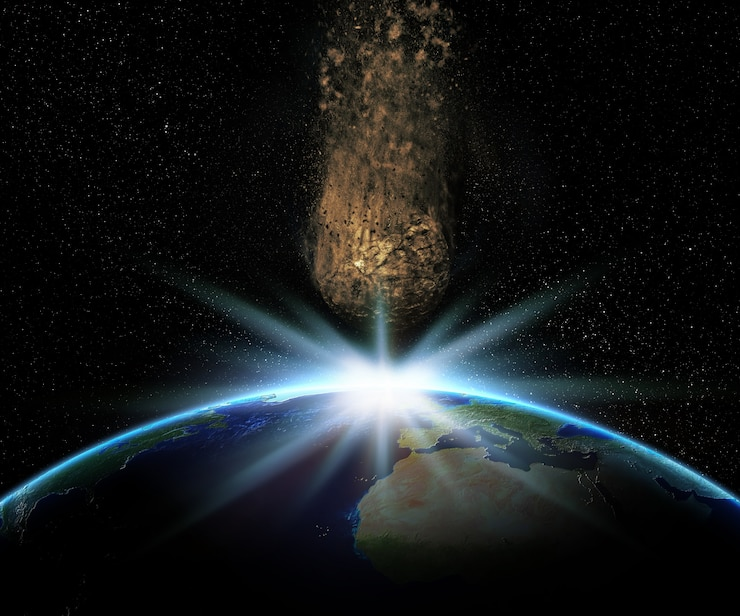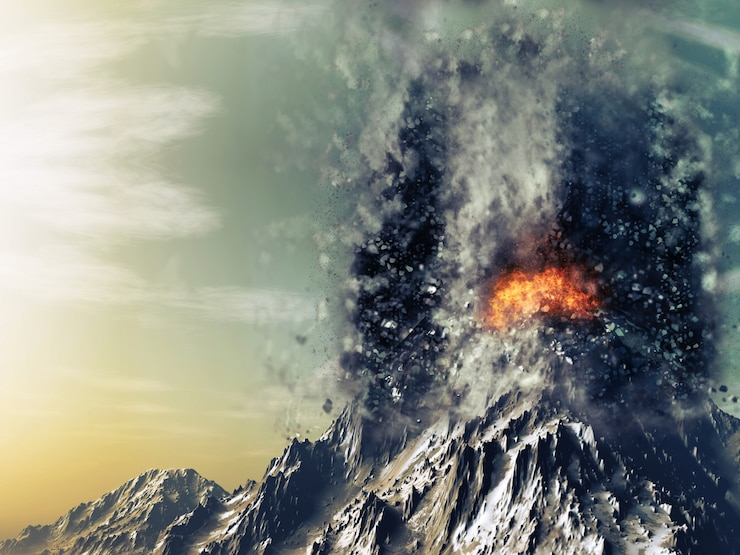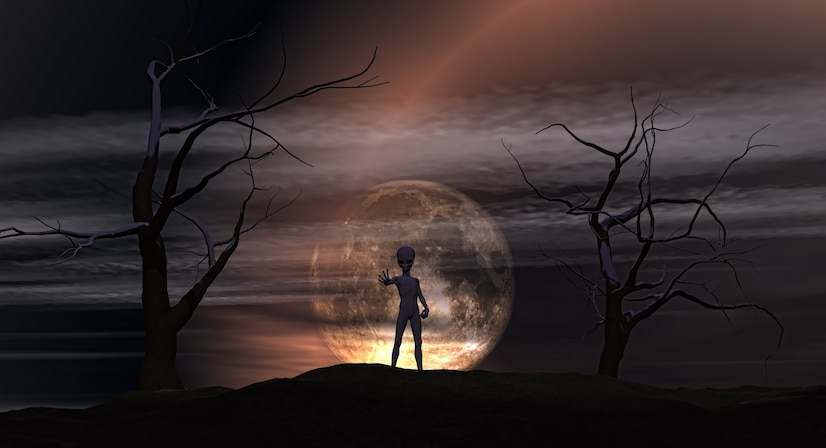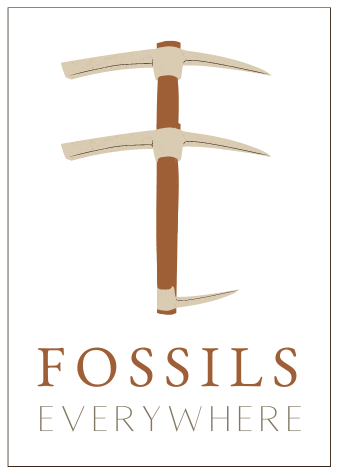Fossils are one of the most important things in history. They are the remains or imprints of prehistoric organisms that have been preserved in sedimentary rock.
Fossils can tell us a lot about the history of the Earth. For example, they can tell us about the environment and climate of the past. This is because they provide evidence of what kind of organisms lived in a certain area during a certain time period. By looking at fossils, we can piece together information about past climates and ecosystems.
Fossils can also tell us about the evolution of life on Earth. This is because they provide evidence for how different species have changed over time. By studying fossils, scientists have been able to piece together the evolutionary history of life on our planet. This has helped us to understand how different species have adapted to their environments and how they are related to each other.
Through fossils, we are able to learn about the environment and climate of the past, as well as the evolution of life on Earth.
10 Fun Facts About Dinosaurs by Richard W.
Check out these fun facts about dinosaurs and amaze your friends with your new dino knowledge!
- The word “dinosaur” comes from the Greek words “deinos,” meaning “fearfully great,” and “sauros,” meaning “lizard.”
- The first dinosaurs appeared on Earth around 230 million years ago during the Triassic period.
- The last dinosaurs died out 65 million years ago during the Cretaceous-Tertiary mass extinction event, which was likely caused by a comet or asteroid striking the Earth.
- While most people think of dinosaurs as being huge, there were actually many different sizes of dinosaurs, from the tiny Compsognathus (which was about the size of a chicken) to the massive Argentinosaurus (which could grow to be over 100 feet long).
- Some dinosaurs, like the Spinosaurus, were covered in feathers. In fact, many modern birds are descendants of feathered dinosaurs!
- Dinosaurs are classified into two major groups: the Saurischia (“lizard-hipped”) and the Ornithischia (“bird-hipped”).
- The smallest known dinosaur is called Microraptor gui and lived around 125 million years ago in China. This dino was about the size of a house cat and weighed only 2 pounds.
- Some dinosaurs, such as the Tyrannosaurus rex, had teeth that were over 3 feet long! Luckily for us, they were only used for chewing plants… not people 😉
Whether you’re a kid or a grownup, there’s something really fun about learning new dinosaur facts! We hope you enjoyed reading these fun facts about these fascinating prehistoric creatures.
What killed the dinosaurs? by Richard W.
Scientists have been debating for years what exactly killed the dinosaurs. Was it a comet? A volcanic eruption? Or something else entirely? In this blog post, we’ll take a look at the three most popular theories and see if we can arrive at a consensus.
Theory #1: A Comet or Meteor Killed the Dinosaurs
One popular theory is that a comet or meteor was responsible for the mass extinction of dinosaurs.

The logic behind this idea is that there have been several times in history where comets or meteors have had a significant impact on Earth. For example, it’s believed by many that a comet or meteor was responsible for the extinction of the dinosaurs.
Theory #2: A Volcanic Eruption Killed the Dinosaurs
Another popular theory is that a volcanic eruption was responsible for the mass extinction of dinosaurs.

The logic behind this idea is that volcanoes are incredibly powerful and have the ability to release large amounts of ash and toxic gasses into the atmosphere. This can cause damage to the environment and climate change, both of which can lead to mass extinctions.
Theory #3: Something Else Entirely Killed the Dinosaurs
Some scientists believe that something else entirely was responsible for the mass extinction of dinosaurs.

The logic behind this idea is that there are many factors that can contribute to a mass extinction, and it’s possible that we simply don’t know what killed the dinosaurs. It could have been a combination of things, or it could have been something that we haven’t even thought of yet.
So, what do you think? What killed the dinosaurs? Let us know and contact us!
